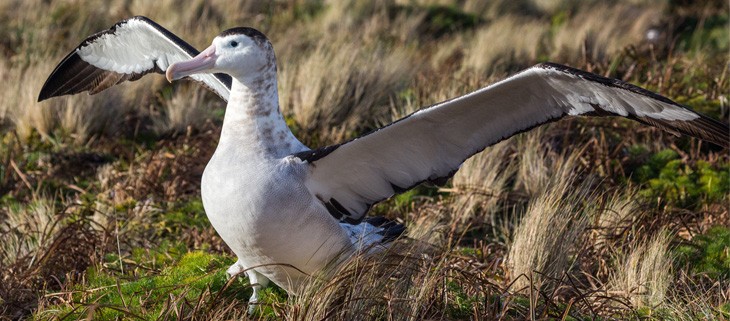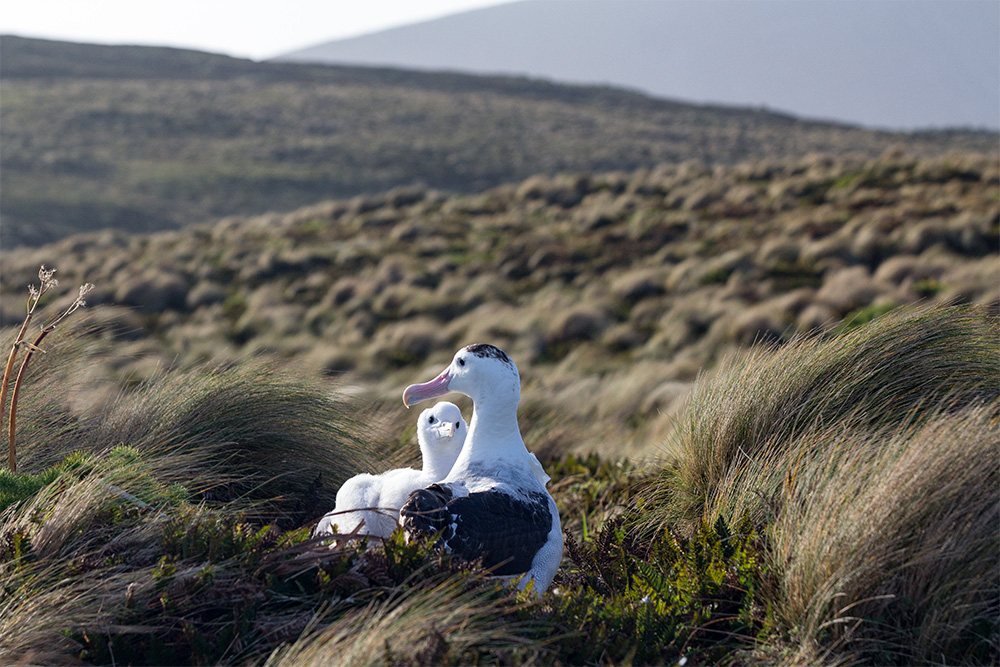December 4, 2024
The Ebiil Society: Champions of Palau
Ann Singeo, founder of our partner organization the Ebiil Society, shares her vision for a thriving Palau and a flourishing world of indigenous science!
We use cookies to help you navigate efficiently and perform certain functions. You will find detailed information about all cookies under each consent category below.
The cookies that are categorized as "Necessary" are stored on your browser as they are essential for enabling the basic functionalities of the site. ...
Necessary cookies are required to enable the basic features of this site, such as providing secure log-in or adjusting your consent preferences. These cookies do not store any personally identifiable data.
Functional cookies help perform certain functionalities like sharing the content of the website on social media platforms, collecting feedback, and other third-party features.
Analytical cookies are used to understand how visitors interact with the website. These cookies help provide information on metrics such as the number of visitors, bounce rate, traffic source, etc.
Performance cookies are used to understand and analyze the key performance indexes of the website which helps in delivering a better user experience for the visitors.
Advertisement cookies are used to provide visitors with customized advertisements based on the pages you visited previously and to analyze the effectiveness of the ad campaigns.
Looking to make an impact this Earth Month? Here’s how.

Albatross are known for their large wingspans and dynamic soaring, which allows them to coast over the ocean’s surface. The International Union for the Conservation of Nature recognizes 22 species of Albatross, which are all considered threatened to some extent. These seabirds are endangered due to longline fishing practices and, in some cases, predation by invasive species on islands. Antipodean Albatross are no exception.
Over the last 15 years, the population of Antipodean Albatross has declined from approximately 16,000 breeding birds to only 6,000, making them a “Nationally Critical” species in New Zealand where they breed. Invasive mice once plagued Antipodes Island, but today Albatross and other native wildlife are free following a complex project in 2016 conducted by the New Zealand Department of Conservation (DOC) and funding partners the Morgan Foundation, WWF-New Zealand, and Island Conservation. However, the threat of longline fishing still looms.

To understand Antipodean Albatross and how to protect them, researchers from the DOC are using GPS transmitters, attached to individual Albatross to map where they go to forage. Years of observation have already revealed that female Albatross are being affected at a higher rate than males. DOC scientist Graeme Elliott explains:
Year after year, we see the same male albatrosses arriving at the colony and waiting by their nest for their dead partners to return. It’s heart-wrenching to watch.”
The hope is that by tracking the Albatross and better understanding their flight patterns, the DOC can pinpoint precisely where Albatross are coming into contact with fishing vessels. This data is the key to implementing sustainable fishing practices in regions where it directly impacts Antipodean Albatross.
There are steps that longline fishing vessels can take to reduce the impact on Albatross and other seabirds—using hook-shielding, which prevents seabirds from getting hooked on the lines or by using baited hooks at night when seabirds are less active. These and many more options and combinations could curb the threat to Antipodean Albatross and other seabirds. Hopefully, this research will help conservationists the necessary data to address this threat.
Source: Mirage News
Featured photo: Antipodean Albatross spreads its wings on Antipodes Island. Credit: Jason Zito/Island Conservation
Check out other journal entries we think you might be interested in.
Notifications